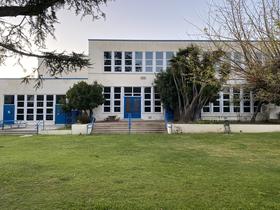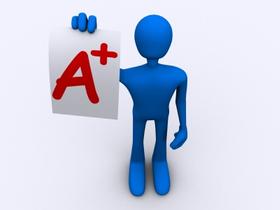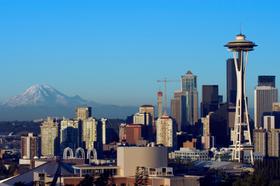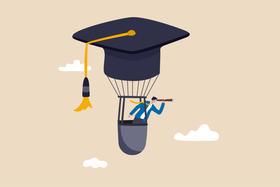I realize that many students probably won't read this article, mainly because I haven't published it on TikTok or Instagram. So, this is for all the parents, grandparents, and family friends out there who know a young person heading off to private school. Use these talking points to guide your conversations with that young person when the opportunity presents itself. If you went to private school, have fun embellishing these talking points with your own experiences. After all, you know what you're talking about. Gossip and misinformation about what goes on at private school abound. But you know the truth. You are credible, even if you attended private school thirty years ago.
Participate! Prticipate! Participate!
One of the best things about private school is that there are many things to do. Did you notice that I commanded you to participate three times? That's because a private school offers a balanced approach to your education. You have three very full plates! Academics, athletics, and extracurricular activities. And you can't avoid any of them. They are all compulsory. Each part of your private school education is kind of like one of those enormous buffets you see set out for brunch. You can't eat it all. But you can eat what you want. That's essentially the way things work at private school. Academics are pretty much set in stone, although you will make some choices in your high school years. As far as athletics and extracurricular activities are concerned, you


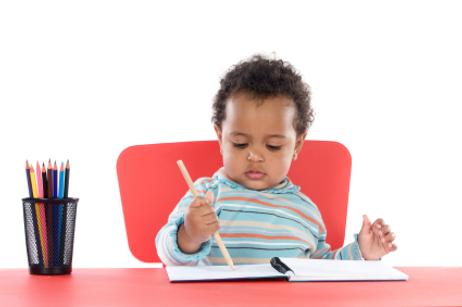
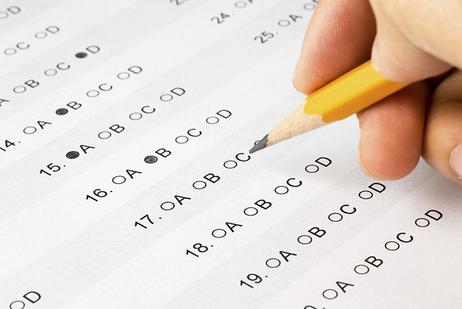
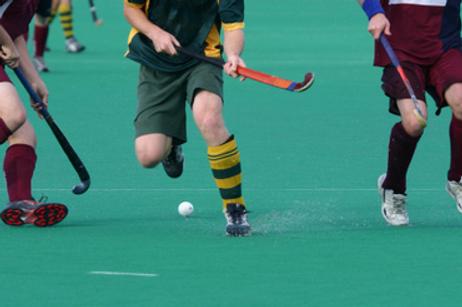
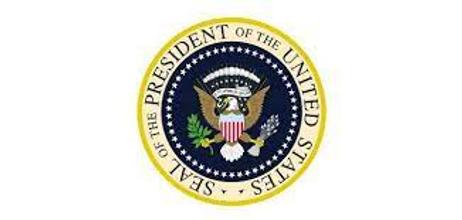
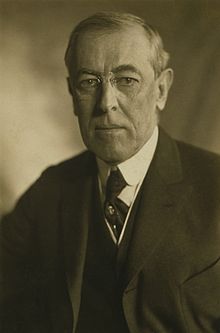 28 - Woodrow Wilson
28 - Woodrow Wilson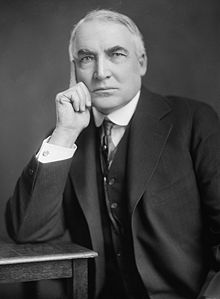 29 - Warren Harding
29 - Warren Harding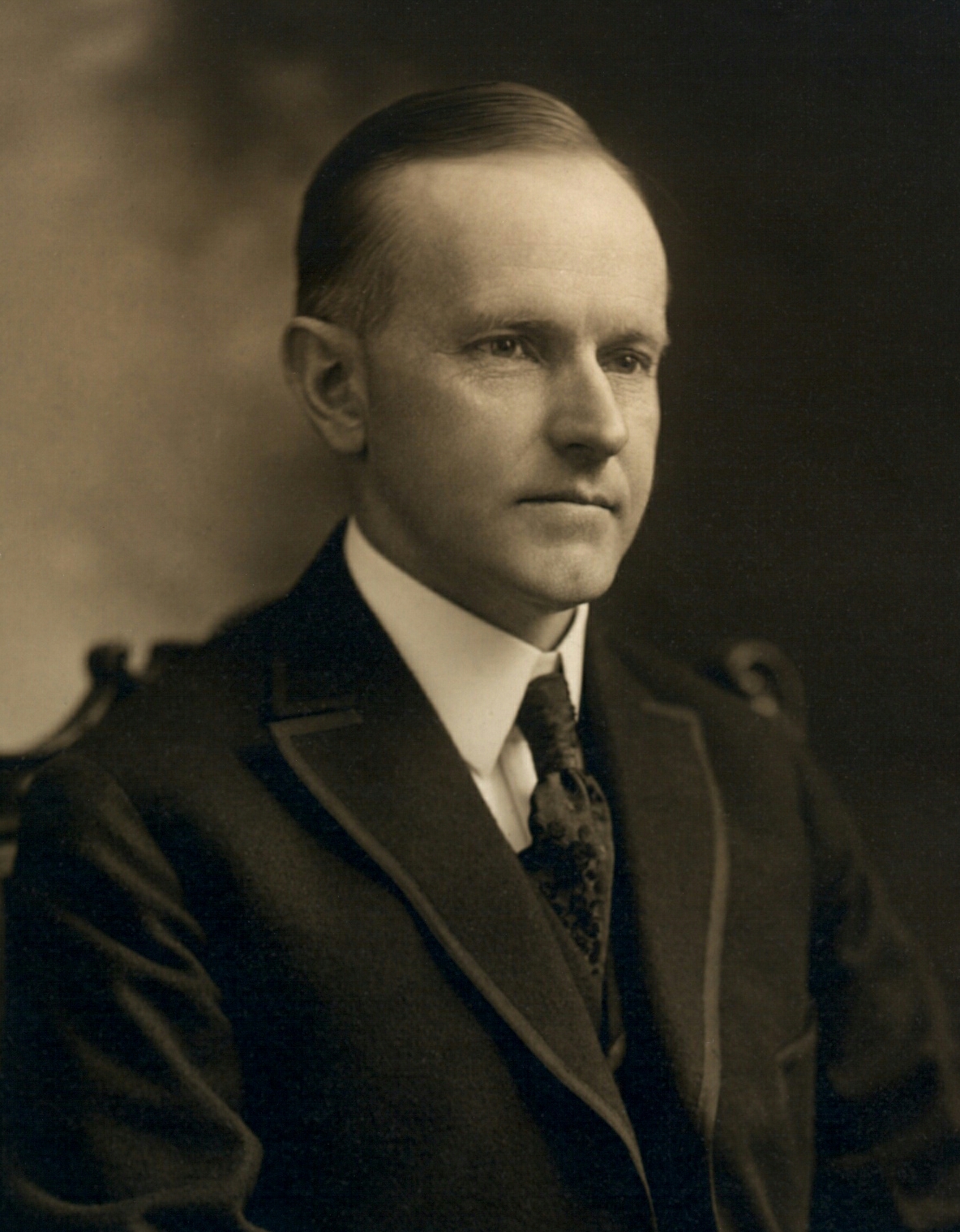 30 - Calvin Coolidge
30 - Calvin Coolidge








